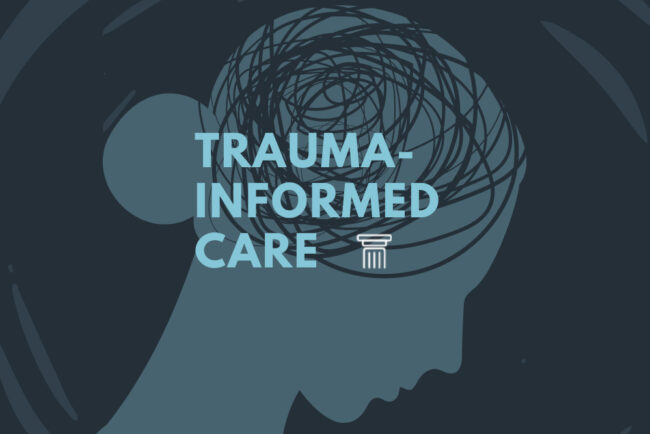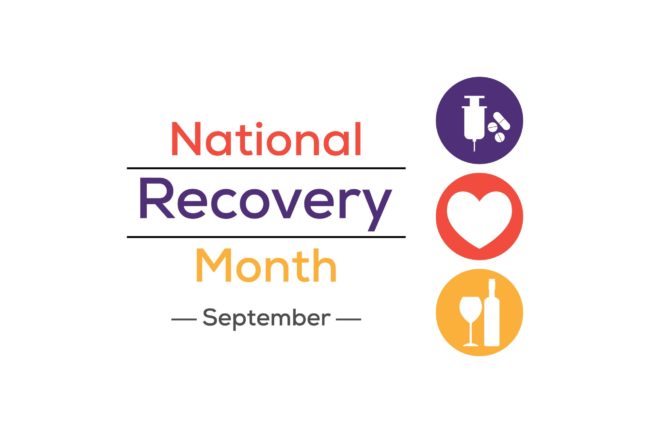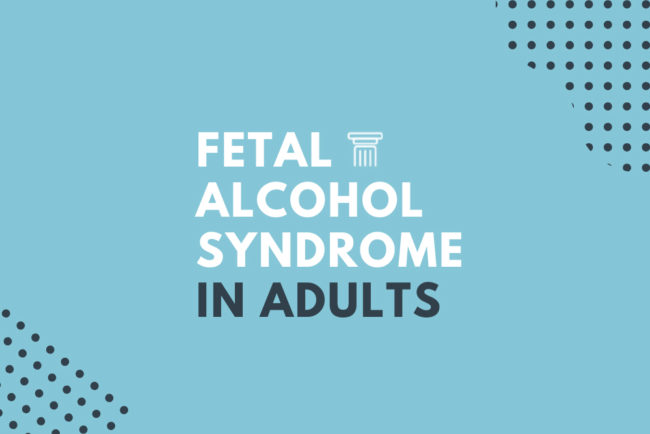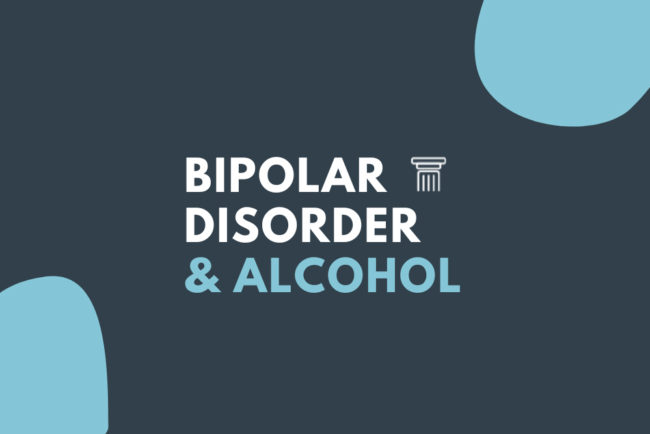Trauma-Informed Care
Though our understanding of mental health disorders is continuously evolving, trauma remains one of the most complex conditions to treat. Trauma can change survivors’ brains, specifically affecting the regions governing memory, decision-making and emotions. The resulting hypervigilance and fear can take over every aspect of your life. By shifting the focus to helping you process…










